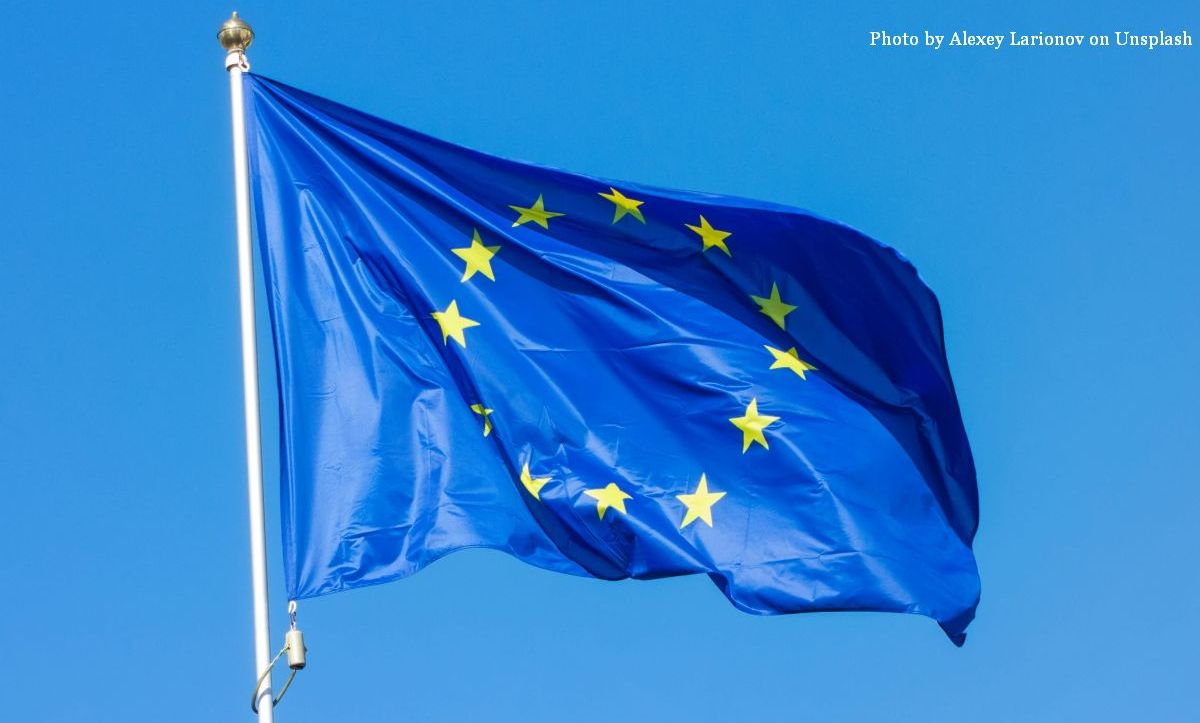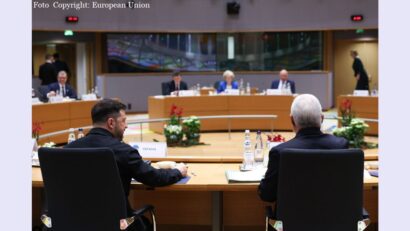2025 Enlargement Package
The European Commission has published the annual EU Enlargement Package

Leyla Cheamil, 05.11.2025, 13:50
On Tuesday, in Brussels, the European Commission adopted the annual package on the enlargement of the European Union. This includes evaluation reports for Turkey and the six Western Balkan partners: Montenegro, Albania, Serbia, North Macedonia, Bosnia and Herzegovina, and Kosovo, as well as country reports for the Republic of Moldova, Ukraine and Georgia.
According to the European Commission, the Republic of Moldova has shown the fastest pace of reform implementation over the past year among all countries that have opened accession negotiations. The target date for completing EU integration negotiations remains 2028, and the Commission is proposing a mechanism to overcome Hungary’s blockage in the EU Council. Budapest opposes Ukraine’s accession and is also blocking Moldova, since the two countries are advancing towards EU accession in tandem. However, the Commission shows no sign of wanting to separate them, in order not to send a negative signal regarding Ukraine.
The European Commissioner for Enlargement, Marta Kos, said that the European Commission is discussing with Council member states a workaround regarding the two countries. “Reforms can be carried out with our support, and we are waiting for a mandate to continue within the working groups. We need the member states’ position to know what the objectives and milestones are, and I hope we will obtain that — but joint work and reforms can continue”, Marta Kos emphasized. As for Georgia, the Commission says it retains candidate status only on paper, due to the actions of the authorities in Tbilisi. “The government of Georgia is not bringing its citizens closer to the Union, but moving them away from it. If this government were serious and listened to its people, it would not imprison opposition leaders or journalists who think differently”, Commissioner Marta Kos said.
Turkey’s EU accession also remains blocked, as the EU froze negotiations with Ankara several years ago. Meanwhile, Kosovo is seeking candidate status but remains entangled in its crisis with Serbia. Another obstacle for Kosovo is the fact that several EU member states still do not recognize it as an independent country.
On the other hand, Albania and Montenegro have made significant progress, according to the European Commission, while North Macedonia needs to step up efforts to uphold the rule of law by ensuring judicial independence and strengthening the fight against corruption. In Bosnia and Herzegovina, the political crisis in the Republika Srpska entity and the collapse of the governing coalition have undermined the progress made towards EU accession.
The Romanian Foreign Ministry warmly hailed the European Commission’s reiteration that enlargement is a key geopolitical instrument that contributes to common safety, prosperity and security, uniting Europe based on shared values and identity. (VP)






























